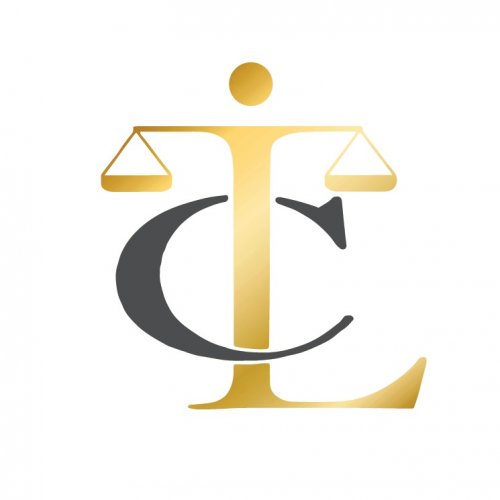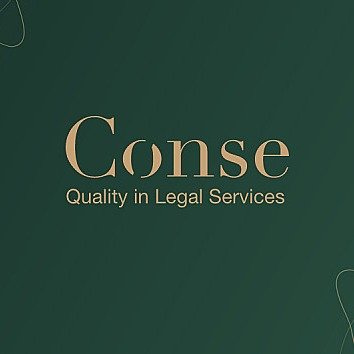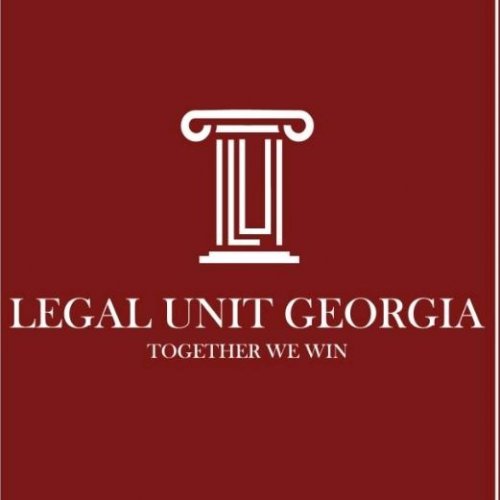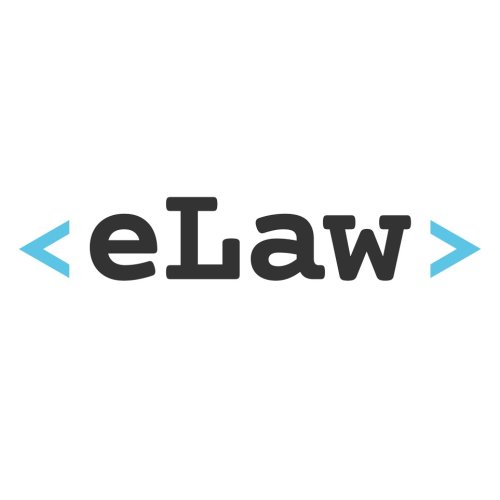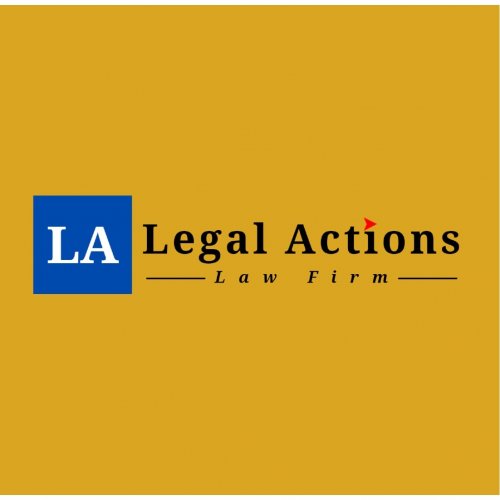Best Creditor Lawyers in Tbilisi
Share your needs with us, get contacted by law firms.
Free. Takes 2 min.
List of the best lawyers in Tbilisi, Georgia
About Creditor Law in Tbilisi, Georgia
Creditor law refers to the legal framework that governs the rights and responsibilities of creditors in Tbilisi, Georgia. It encompasses various regulations and statutes that outline the procedures and mechanisms through which creditors can pursue their rights to recover debts owed to them by individuals or businesses.
Why You May Need a Lawyer
There are several situations where seeking legal assistance from a lawyer specializing in creditor law in Tbilisi, Georgia can be beneficial:
- If you are a creditor seeking to recover outstanding debts, a lawyer can help you navigate the legal process and ensure your rights are protected.
- If you are a debtor facing legal actions from a creditor, a lawyer can guide you through the proceedings and help protect your rights and interests.
- When negotiating debt settlements or repayment plans, a lawyer can provide legal advice and assistance to ensure fair and reasonable terms.
- If you believe that a creditor has violated your rights or engaged in unfair or deceptive practices, a lawyer can help you understand your options and pursue appropriate legal action.
Local Laws Overview
In Tbilisi, Georgia, the Creditor law is primarily governed by the Georgian Civil Code and the Georgian Law on Execution Proceedings. These laws outline the legal procedures and mechanisms governing debt collection, enforcement of judgments, and the rights and obligations of both creditors and debtors.
Frequently Asked Questions
1. Can a creditor seize my assets without notice?
No, Georgian law requires that creditors provide notice before seizing or enforcing assets. They must go through the appropriate legal channels and obtain a court order or an enforceable judgment to take such actions.
2. What are the statutes of limitations for creditor claims in Tbilisi?
In Tbilisi, the general statute of limitations for creditor claims is 10 years from the date the debt becomes due. However, it is important to consult with a lawyer to determine the specific limitations that may apply to your case.
3. Can I negotiate a repayment plan with my creditor?
Yes, you can negotiate a repayment plan with your creditor. It is advisable to seek legal assistance to ensure that the terms are fair and reasonable and that they comply with the relevant laws and regulations.
4. What are the consequences of non-payment to a creditor in Tbilisi?
If you fail to make payments to a creditor in Tbilisi, they may take legal action to recover the debt. This can include seizing assets, garnishing wages, or obtaining a court order to force the sale of your property to satisfy the debt.
5. How can I file a complaint against a creditor engaging in unfair practices?
If you believe a creditor has engaged in unfair practices, you can file a complaint with the relevant authorities such as the Georgian National Agency of Public Registry or consult with a lawyer who can guide you through the process.
Additional Resources
If you need legal advice or assistance regarding creditor matters in Tbilisi, Georgia, the following resources may be helpful:
- Georgian Bar Association: www.gba.ge
- Georgian National Agency of Public Registry: www.napr.gov.ge
Next Steps
If you require legal assistance in a creditor matter in Tbilisi, Georgia, it is recommended to consult with a lawyer specializing in creditor law. They can evaluate your situation, provide legal advice, and guide you through the necessary steps to protect your rights and interests.
Lawzana helps you find the best lawyers and law firms in Tbilisi through a curated and pre-screened list of qualified legal professionals. Our platform offers rankings and detailed profiles of attorneys and law firms, allowing you to compare based on practice areas, including Creditor, experience, and client feedback.
Each profile includes a description of the firm's areas of practice, client reviews, team members and partners, year of establishment, spoken languages, office locations, contact information, social media presence, and any published articles or resources. Most firms on our platform speak English and are experienced in both local and international legal matters.
Get a quote from top-rated law firms in Tbilisi, Georgia — quickly, securely, and without unnecessary hassle.
Disclaimer:
The information provided on this page is for general informational purposes only and does not constitute legal advice. While we strive to ensure the accuracy and relevance of the content, legal information may change over time, and interpretations of the law can vary. You should always consult with a qualified legal professional for advice specific to your situation.
We disclaim all liability for actions taken or not taken based on the content of this page. If you believe any information is incorrect or outdated, please contact us, and we will review and update it where appropriate.




